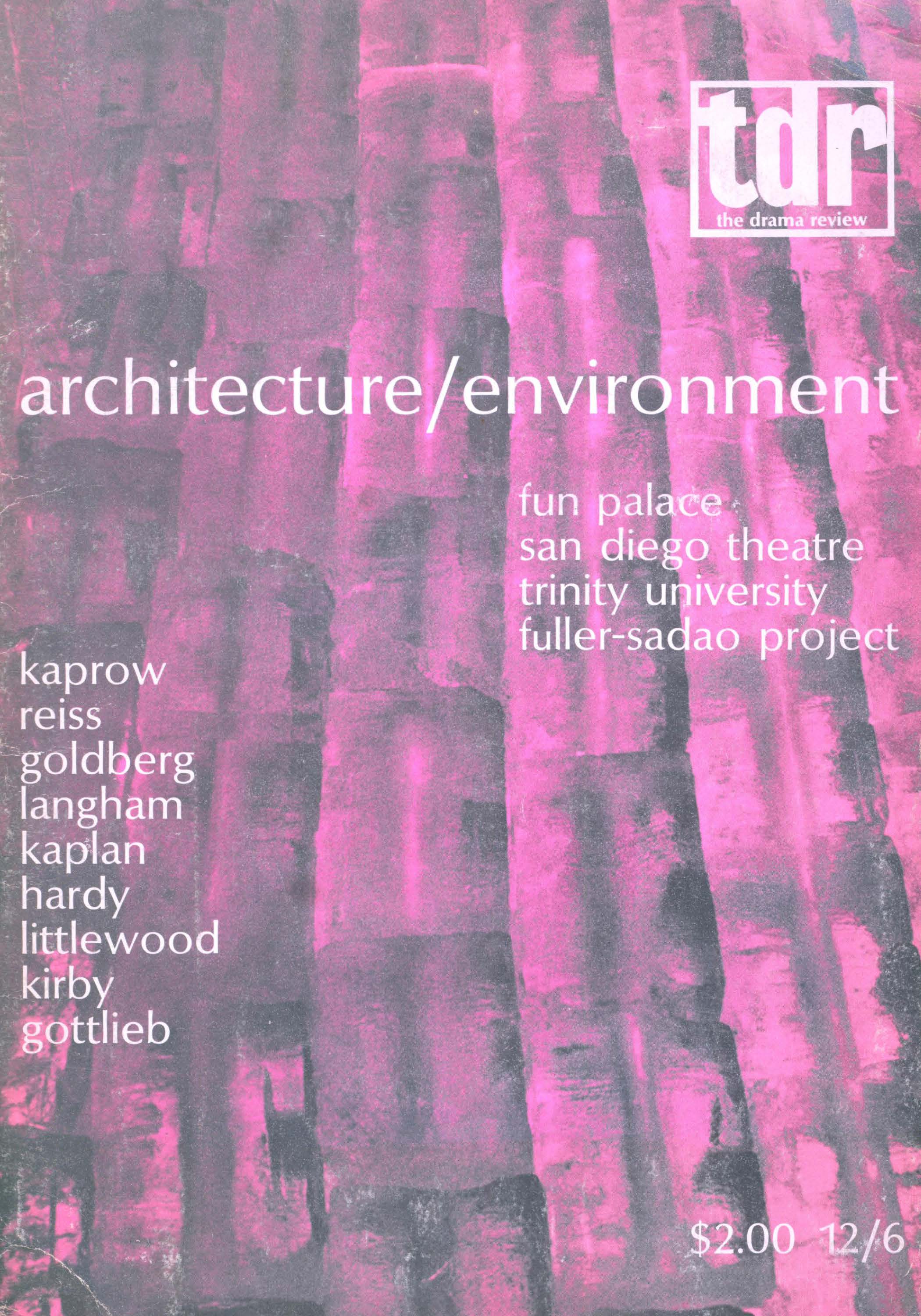Article contents
The German Raum
Published online by Cambridge University Press: 07 December 2021
Extract
West German theatre, says critic Günther Rühle, is currently fraught with insecurity about where it is going and what its function is. That may be, but there's no question that the theatre has changed considerably over the past two decades and entered an as yet ill-defined post-Brechtian age. Gone are the productions of coolly staged parables, instructing the audience in how the world might be changed through rational, social action. Gone are the bright, evenly lit settings, sparsely furnished and purged of destructive atmosphere. And gone, too, is whatever bond once existed between the performers and the audience. That relationship, says Brecht Schüler Peter Palitzsch, is now “deeply disturbed.”
The German director has become the great interpreter, probing texts, usually the classics, searching for something that matters to contemporary man. The results of his dramaturgical investigations are subjective, fragmentary, and generally bewildering to an audience who hasn't accompanied him on his month- or year-long journey of discovery. His insights are not always theirs. Rich material imagery fills the stages, and it is personal, often violent, and tinged with expressionism. The Prince of Homburg stands naked in a field of potatoes as he is pardoned. The chorus in Antigone, consisting of a single contemporary woman, smears animal organs on her face as she speaks of Haemon's impending death. The actors in Shakespeare's Winter's Tale slip and slide around a stage decked with Mattel “Slime.” Vernunft (reason) has given way to Sinnlichkeit (sensuousness).
- Type
- German Theatre Issue
- Information
- Copyright
- Copyright © 1980 The Drama Review
- 1
- Cited by




